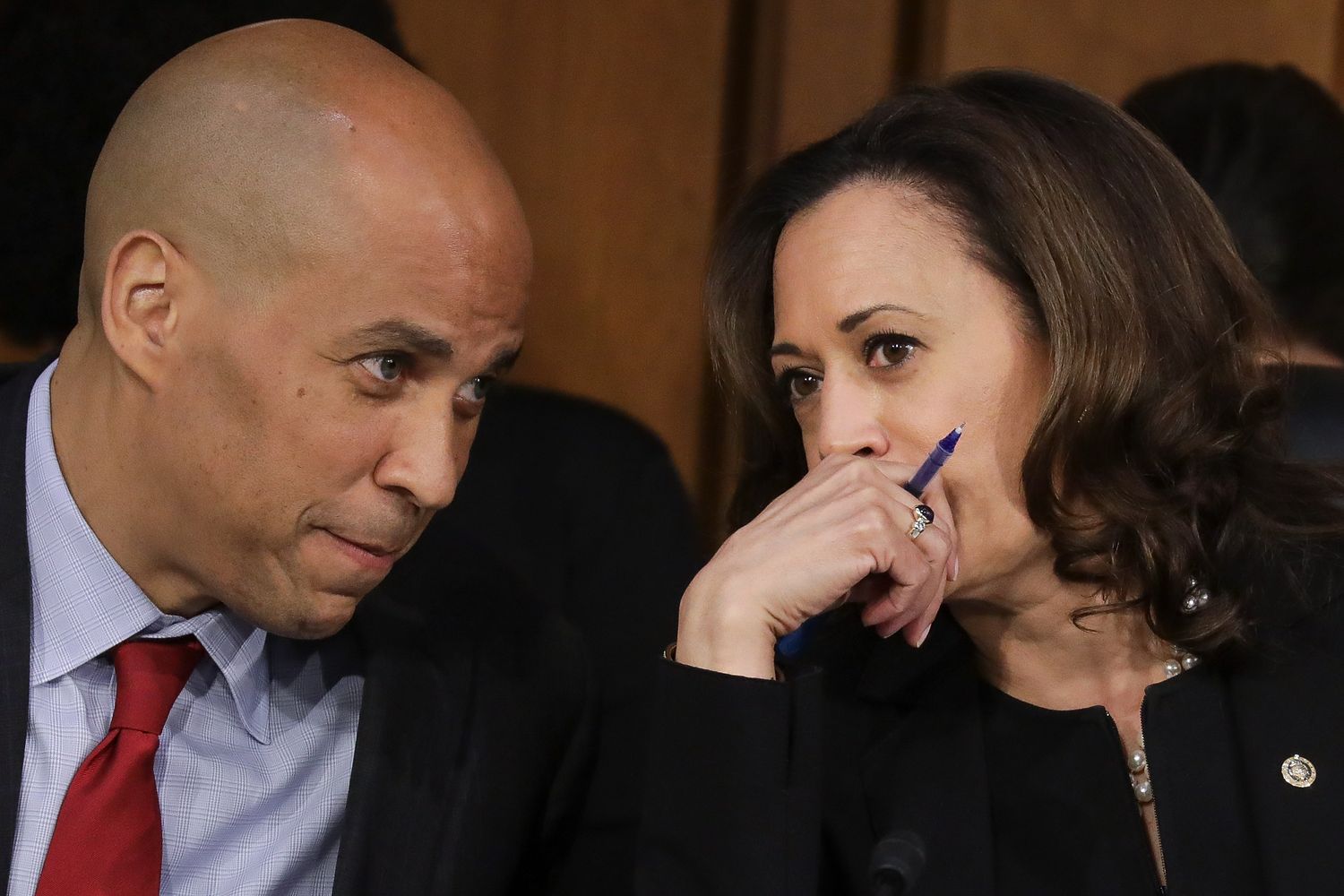
With the CBC taking the lead on drafting legislation, Speaker Nancy Pelosi (D-Calif.) and top House leaders have vowed to have a police reform bill on the floor by the end of June, while Senate Democrats are demanding action in the upper chamber. House Minority Leader Kevin McCarthy (R-Calif.) has said his party will try to work with Democrats on the legislation, but President Donald Trump’s hard line on the issue may make it difficult for Republican lawmakers to sign onto the initiative.
The new Democratic proposal, which will be unveiled early next week, is the most dramatic effort to rewrite federal laws on policing in decades. Yet the bill’s backers say the changes are desperately needed to address the decades-old mistreatment of black and minority communities at the hands of police.
“Persistent, unchecked bias in policing and a history of lack of accountability is wreaking havoc on the Black community. Cities are literally on fire with the pain and anguish wrought by the violence visited upon black and brown bodies,” states a “Dear Colleague” letter accompanying the outline of the new proposal.
“While there is no single policy prescription that will erase the decades of systemic racism and excessive policing – it’s time we create structural change with meaningful reforms.”
Democrats are seeking to bring “transparency” and “accountability” to police forces by making a number of changes to how officers are trained, as well as how they conduct themselves during interactions with the public.
The most controversial proposals would revise federal statutes covering when police officers can be charged with using excessive force, and whether they can be sued for such behavior.
Current federal law states that police officers have to “willfully deprive” a person of their constitutional rights in order to be charged with wrongdoing, according to the Justice Department’s website.
Democrats want to revise the federal standard from “willful” to “knowingly or with reckless disregard,” as well as altering the language covering when such illegal acts are found to have resulted in someone’s death.
In addition, Democrats want to limit the “qualified immunity” for police officers to “enable individuals to recover damages when law enforcement officers violate their constitutional rights,” according to the outline.
These changes are sure to be opposed by police unions, who wield political clout at the state and local level.
Democrats also want to grant subpoena power to the Justice Department’s Civil Rights Division to investigate allegations of police misconduct, as well as “incentivizing state attorneys general to conduct pattern and practice investigations” against police forces with a history of mistreatment involving minority communities.
Another major change would be the creation of a „National Police Misconduct Registry.“ Democrats and police-reform advocates say officers found guilty of misconduct too often move from one department to another despite a history of bad conduct. The legislation would create a „federal registry of all federal, state and local law enforcement officers” that includes misconduct complaints and discipline or termination records. Police departments would have to declare that each new officer hired is certified.
And a federal database would be created that includes reports on any use of force by police against civilians. The data would be broken down by the „national origin, sex, race, ethnicity, age, disability, English language proficiency, and housing status of each civilian against whom a law enforcement officer used force,” according to the outline of the proposal.
Democrats also want to end “racial and religious profiling;” require “training on racial bias and the duty to intervene;” ban no-knock warrants in drug cases; end the use of chokeholds and carotid holds; change “the standard to evaluate whether law enforcement use of force was justified from whether the force was reasonable to whether the force was necessary;” limit the transfer of military grade equipment to state and local police departments; require uniformed federal law-enforcement officer to wear body cameras; and use federal funds to make the use of such cameras more widespread for state and local police.
Lynching would become a federal crime under federal hate crimes statutes as well. Harris and Booker this week clashed with Sen. Rand Paul over the Kentucky Republican’s opposition to a House-passed bill making lynching a federal hate crime.
Paul wants changes to the bill that he says are needed to ensure lynching charges can’t be brought for minor injuries. His efforts to hold up the bill’s quick approval brought condemnations from Booker and Harris on the Senate floor.
Source: politico.com
See more here: news365.stream






